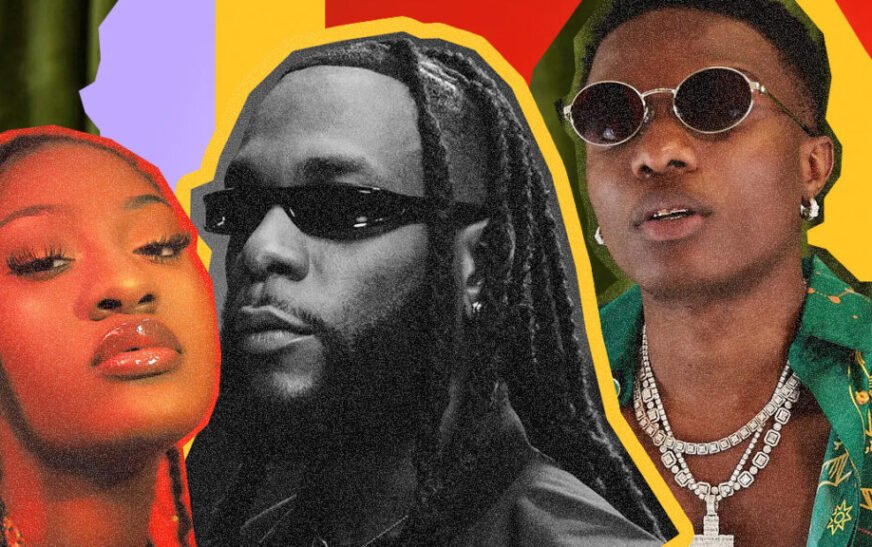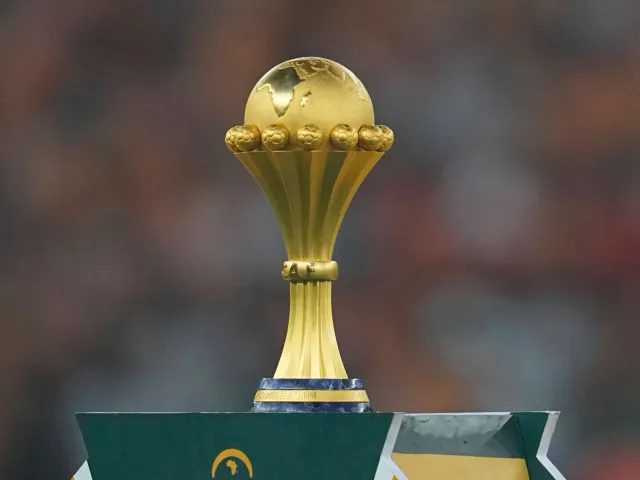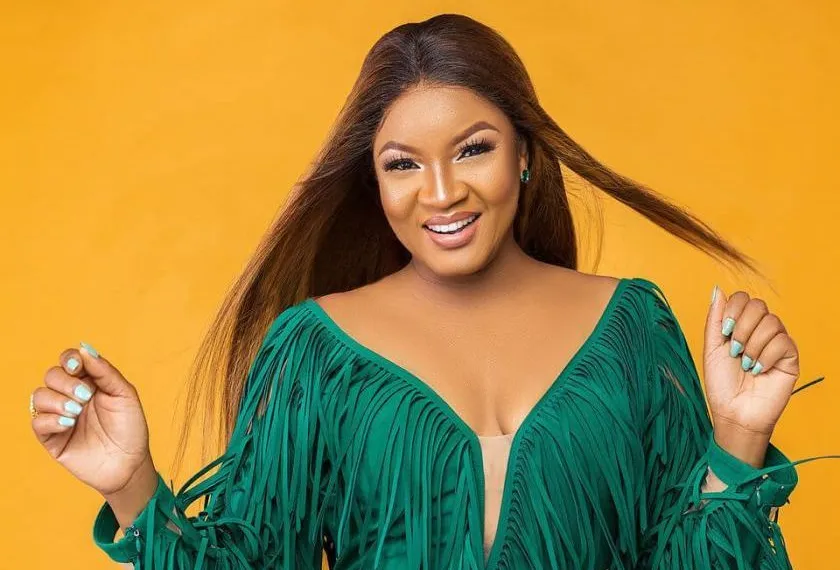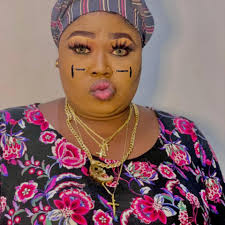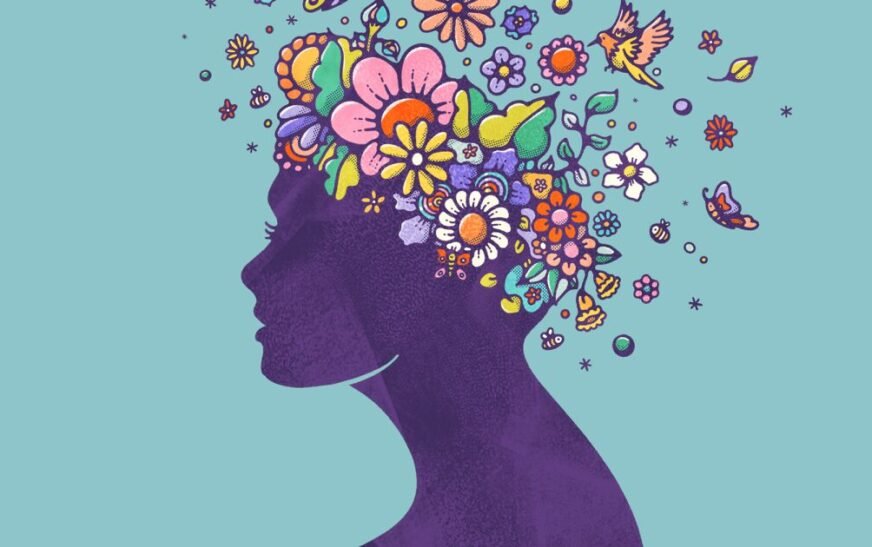By Ariwodo Chidinma Favour
In recent years, Afro beats has surged from the heart of Nigeria to the center of the global music stage, captivating audiences with its infectious rhythms and vibrant energy. Rooted in West African music traditions, Afro beats blends a rich mix of highlife, fuji, jazz, hip-hop, and dancehall, creating a sound that is distinctly African yet globally resonant.
- The Origins of Afrobeat
Afrobeats, often confused with Fela Kuti’s Afrobeat, is a genre that emerged in the early 2000s, drawing from a blend of local Nigerian music and global sounds. Artists like D’banj, 2Baba, and P-Square paved the way, integrating African rhythms with Western pop, R&B, and reggae influences. This fusion created a sound that was not only a reflection of Nigerian identity but also palatable to a broader, international audience.
- Global Breakthrough
The international appeal of Afrobeats began to crystallize in the 2010s as Nigerian artists, including Wizkid, Burna Boy, Davido, and Tiwa Savage, began collaborating with major global stars like Drake, Beyoncé, and Chris Brown. Tracks like One Dance and Brown Skin Girl exposed Afrobeats to wider audiences, demonstrating that the genre could seamlessly blend with mainstream pop and R&B without losing its African essence.
This crossover appeal was instrumental in drawing attention to the depth of talent coming from Nigeria and the broader African continent, marking the genre’s rise as more than a fleeting trend but a musical movement with staying power.
- The Influence of Streaming Platforms
Digital streaming platforms like Spotify, Apple Music, and YouTube have played a pivotal role in the rise of Afrobeats. By making the music accessible to a global audience, they’ve helped Nigerian artists transcend geographic boundaries. Hits like Burna Boy’s Ye, Wizkid’s Essence, and Rema’s Calm Down have become global anthems, amassing millions of streams and topping charts in the U.S., U.K., and beyond.
Afrobeats’ infectious melodies and compelling storytelling resonate with listeners worldwide, proving that language barriers are no match for music’s universal appeal.
- Recognition and Awards
Nigerian artists are no longer merely exporting music; they are being celebrated on the world stage. Burna Boy, for instance, won a Grammy Award in 2021 for Twice as Tall, a landmark achievement for the genre. Wizkid also bagged a Grammy for his collaboration on Brown Skin Girl, affirming Afrobeats’ legitimacy within the global music community. These achievements are not only personal milestones but also a testament to the rise of African music as a force to be reckoned with.
- Cultural Impact and Representation
Afrobeats is more than just a genre; it’s a cultural movement. Nigerian artists have become global ambassadors for African culture, proudly representing their roots while redefining the global music narrative. Their success has inspired a new generation of African artists who now see international stardom as achievable.
The genre has also contributed to the growing influence of African fashion, dance, and language in global pop culture. Nigerian slang, fashion styles, and dance moves have become ubiquitous, with global icons embracing the cultural richness of the continent.
- The Future of Afrobeats
As Afrobeats continues to evolve, it shows no signs of slowing down. With emerging stars like Tems, Fireboy DML, and Asake gaining global recognition, the future of Afrobeats is bright. Its unique ability to adapt, innovate, and connect across cultures ensures that Nigerian artists will remain at the forefront of the global music scene for years to come.
READ ALSO: Ihesiulo Grace Amarachi – CEO of AdaEventsNews Nigeria
Conclusion
The rise of Afrobeats is a testament to the power of African creativity and resilience. Nigerian artists have not only broken barriers but have also redefined the global music landscape. Through Afrobeats, they’ve captured the hearts of millions, turning the world’s attention to the rhythm, soul, and vibrancy of African music.

